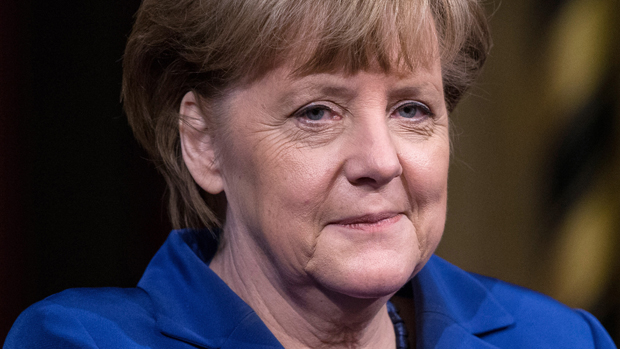Coronavirus: is Germany’s Covid response stuttering as Bavaria shuts borders?
Southern state introduces tighter restrictions as infection rates tick up across the country

A free daily email with the biggest news stories of the day – and the best features from TheWeek.com
You are now subscribed
Your newsletter sign-up was successful
Germany’s largest federal state is introducing strict new coronavirus measures that go far beyond those imposed under the national government’s partial lockdown, as Covid infection rates climb across the country.
Bavaria’s President Markus Soeder has announced that from today until 5 January, people living in the state will only be allowed to leave their homes for specific reasons, including going to work, attending medical appointments, shopping and exercising.
The new restrictions, which also include closing the state’s Austrian and Czech borders, are kicking as the hard-hit state of Saxony unveils similar restrictions.
The Week
Escape your echo chamber. Get the facts behind the news, plus analysis from multiple perspectives.

Sign up for The Week's Free Newsletters
From our morning news briefing to a weekly Good News Newsletter, get the best of The Week delivered directly to your inbox.
From our morning news briefing to a weekly Good News Newsletter, get the best of The Week delivered directly to your inbox.
How bad is the current situation?
After winning praise for its early response to the Covid outbreak, Germany is now “struggling to cope with the pandemic” , according to the Robert Koch Institute. The public health authority has today announced a daily death toll of 590, the highest in Germany since the pandemic began.
The country’s total tally of Covid-related fatalities stands at 19,932, with more than 1.2 million infections.
Bavaria has the fourth-highest infection rate of the 16 federal states, after Saxony, Berlin and Thuringia.
A free daily email with the biggest news stories of the day – and the best features from TheWeek.com
What is being done to combat the rise?
“Five hundred deaths a day is unacceptable,” Angela Merkel told the Budenstag today in what Deutsche Welle describes as an “unusually personal and emotional” speech.
“The most important key to us successfully fighting the virus is the responsible behavior of every individual and the willingness to cooperate,” the chancellor added.
In recent months, all of Germany has been under what German newspaper Bild has labelled a “lockdown-lite”, with bars, cafes, restaurants and arts venues closed, and public gatherings limited to five people.
These measures will be eased over Christmas, from 23 December to New Years Eve, to allow a maximum of ten people - not including children under 14 - to get together under one roof.
But the southern state of Bavaria will maintain harsher measures that will only be eased between 23 and 26 December.
Announcing the tougher new restrictions on Sunday, state president Soeder told a news conference the nationwide measures were “simply not enough”.
“We have to do more,” he insisted. “In Germany, a person dies of corona every four minutes.”
Soeder - who is “widely considered to harbor ambitions to succeed Angela Merkel as chancellor next year”, says Politico - has also declared a “state of disaster” in Bavaria, a move that transfers more powers to the regional government.